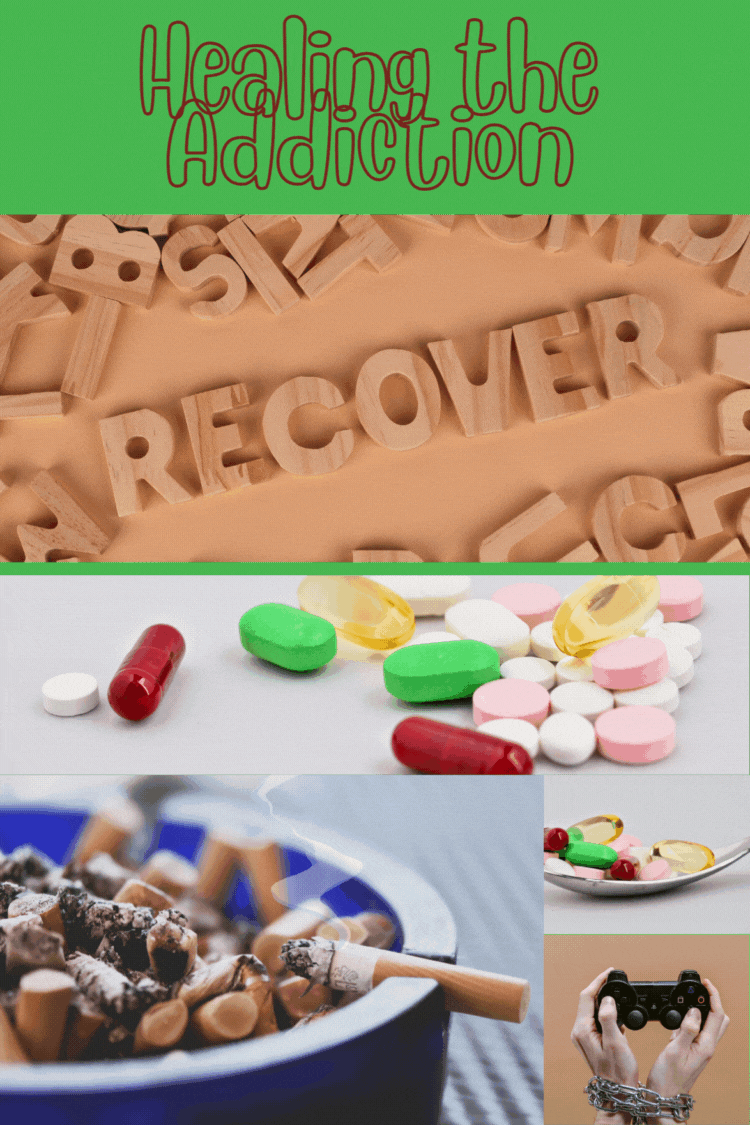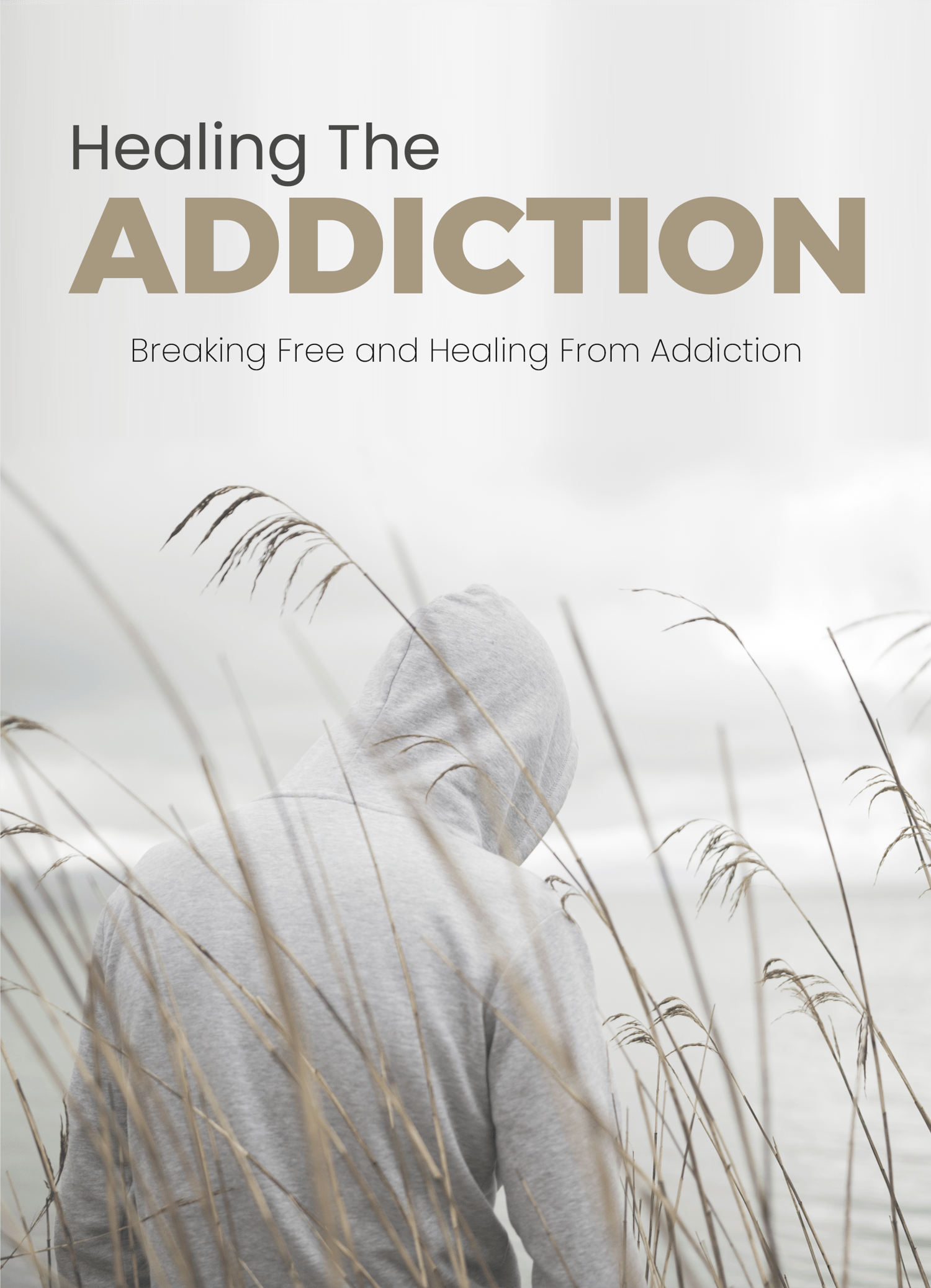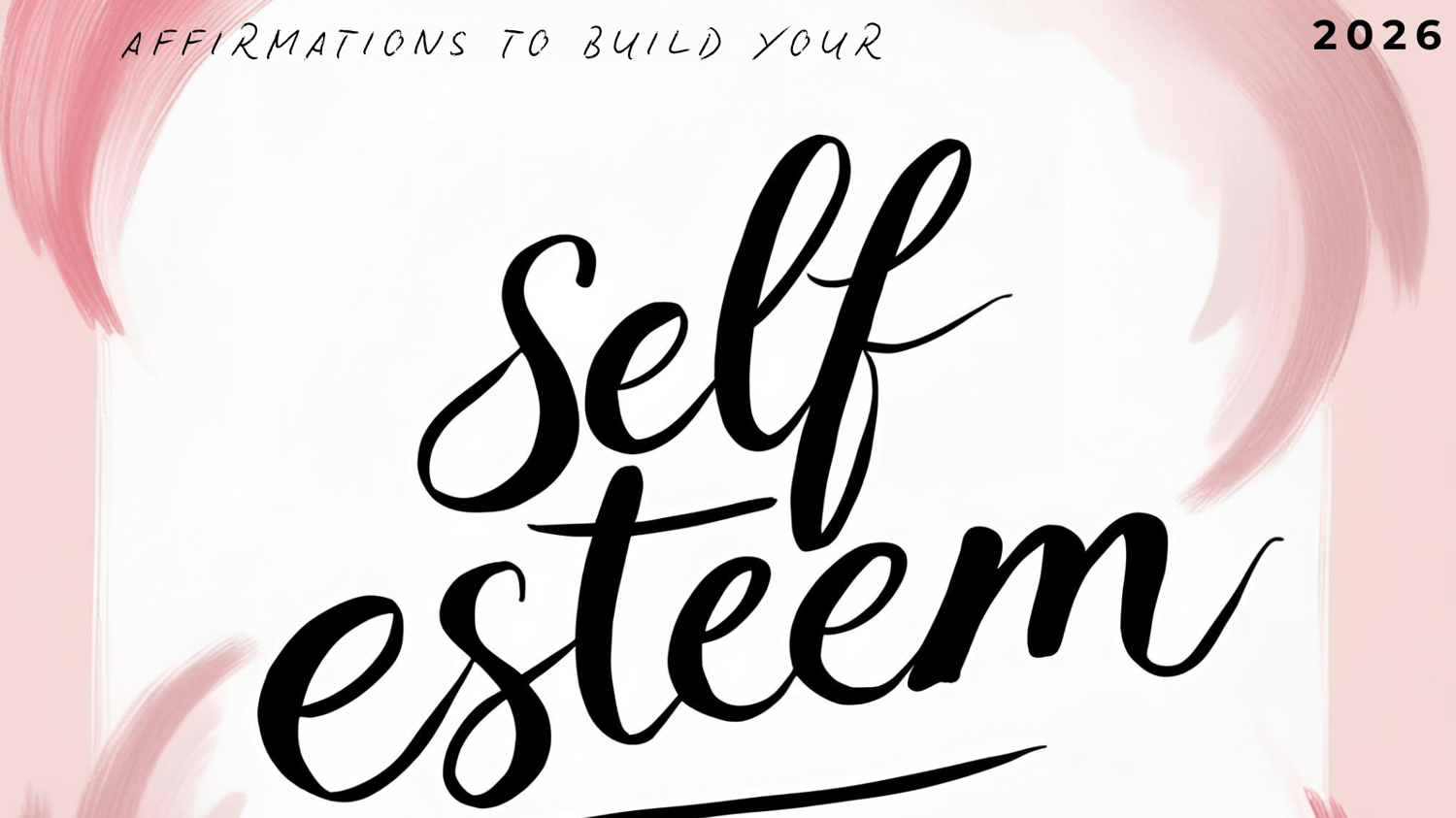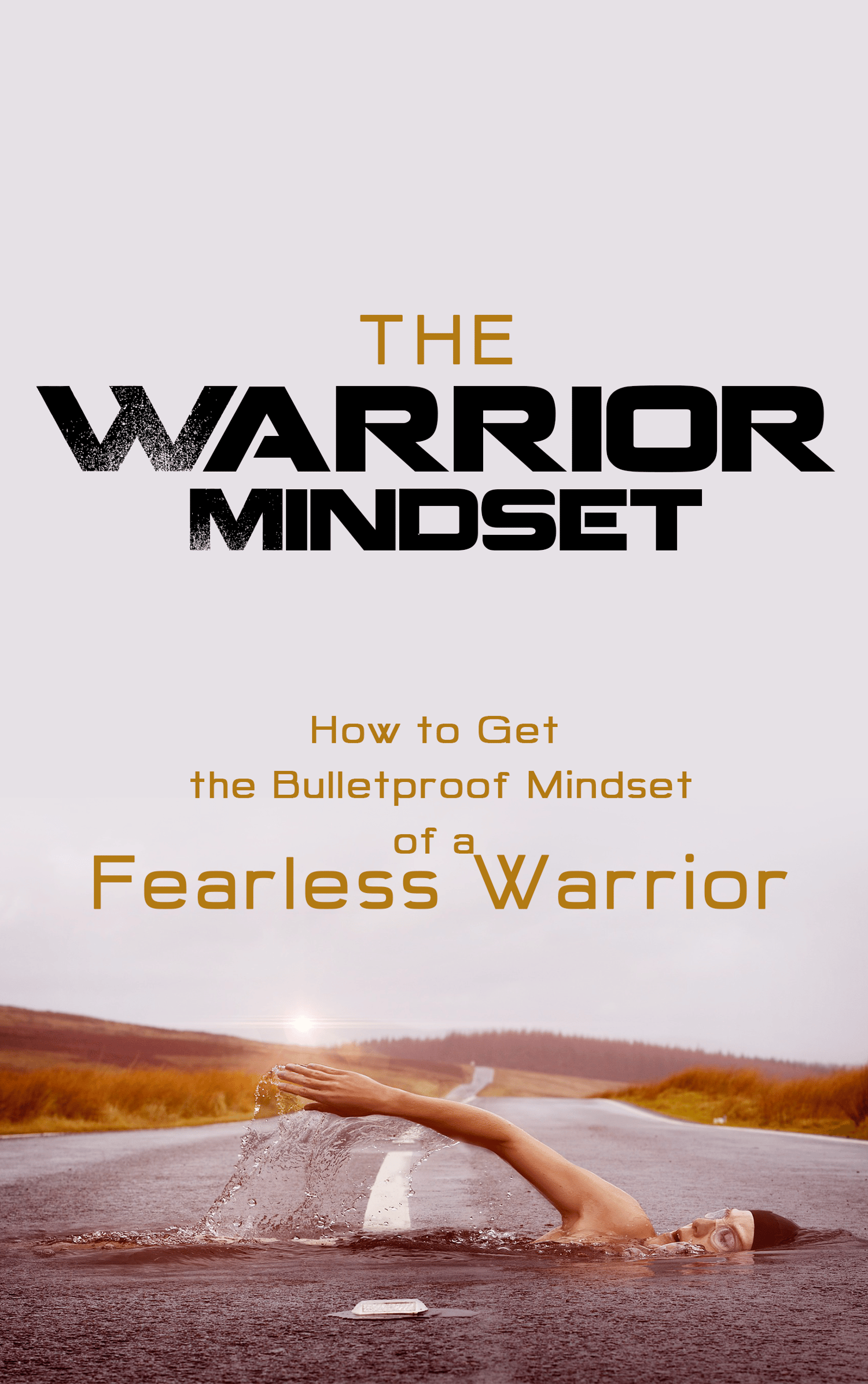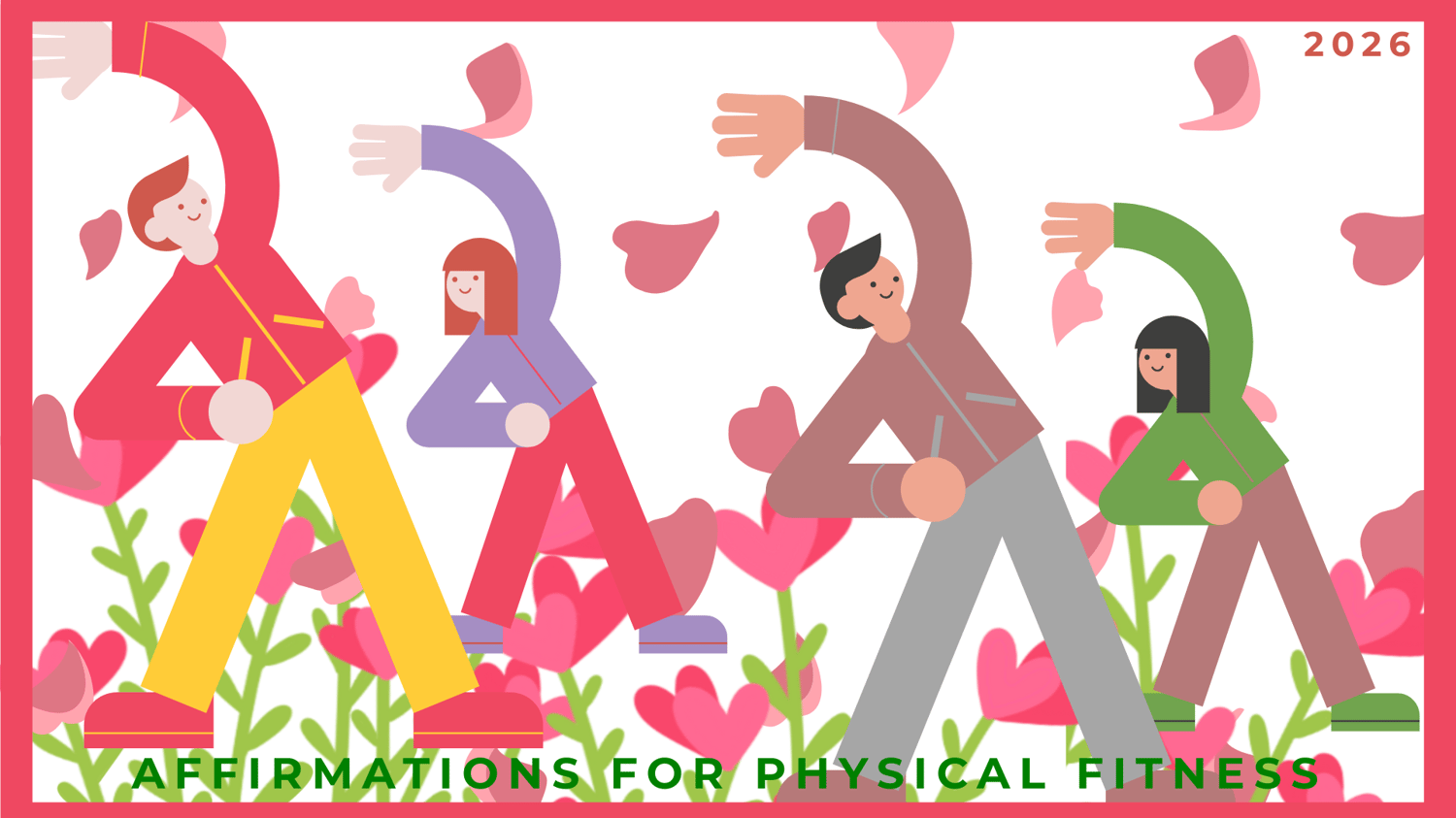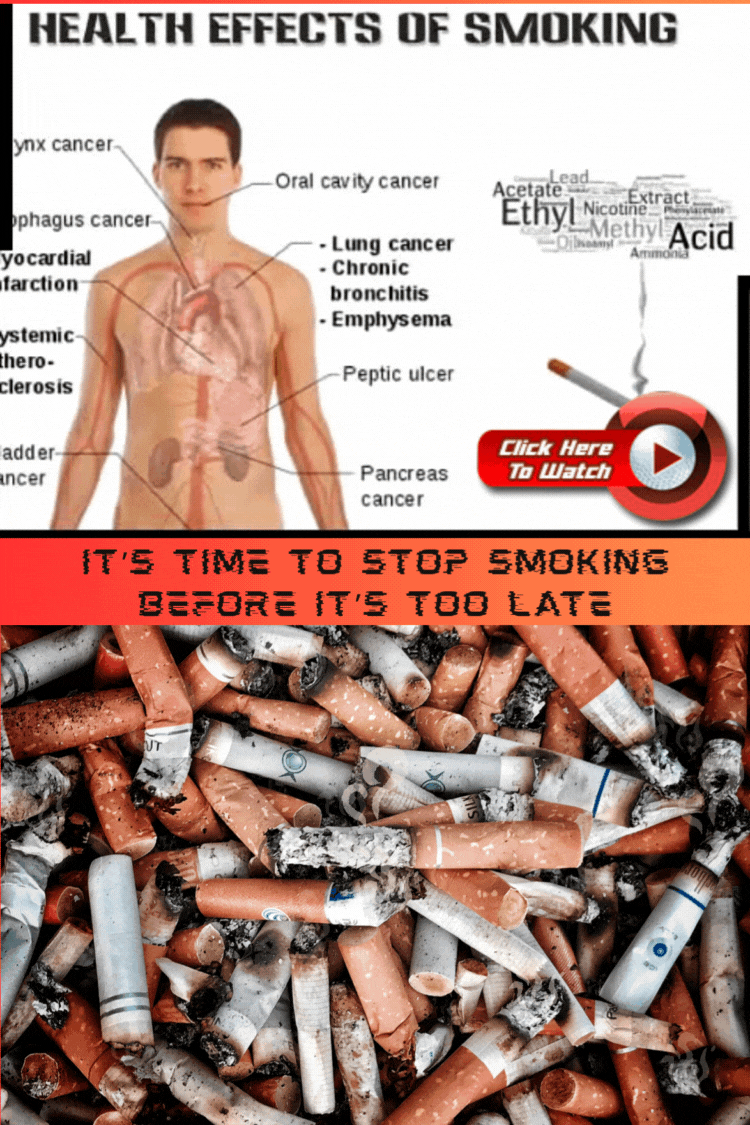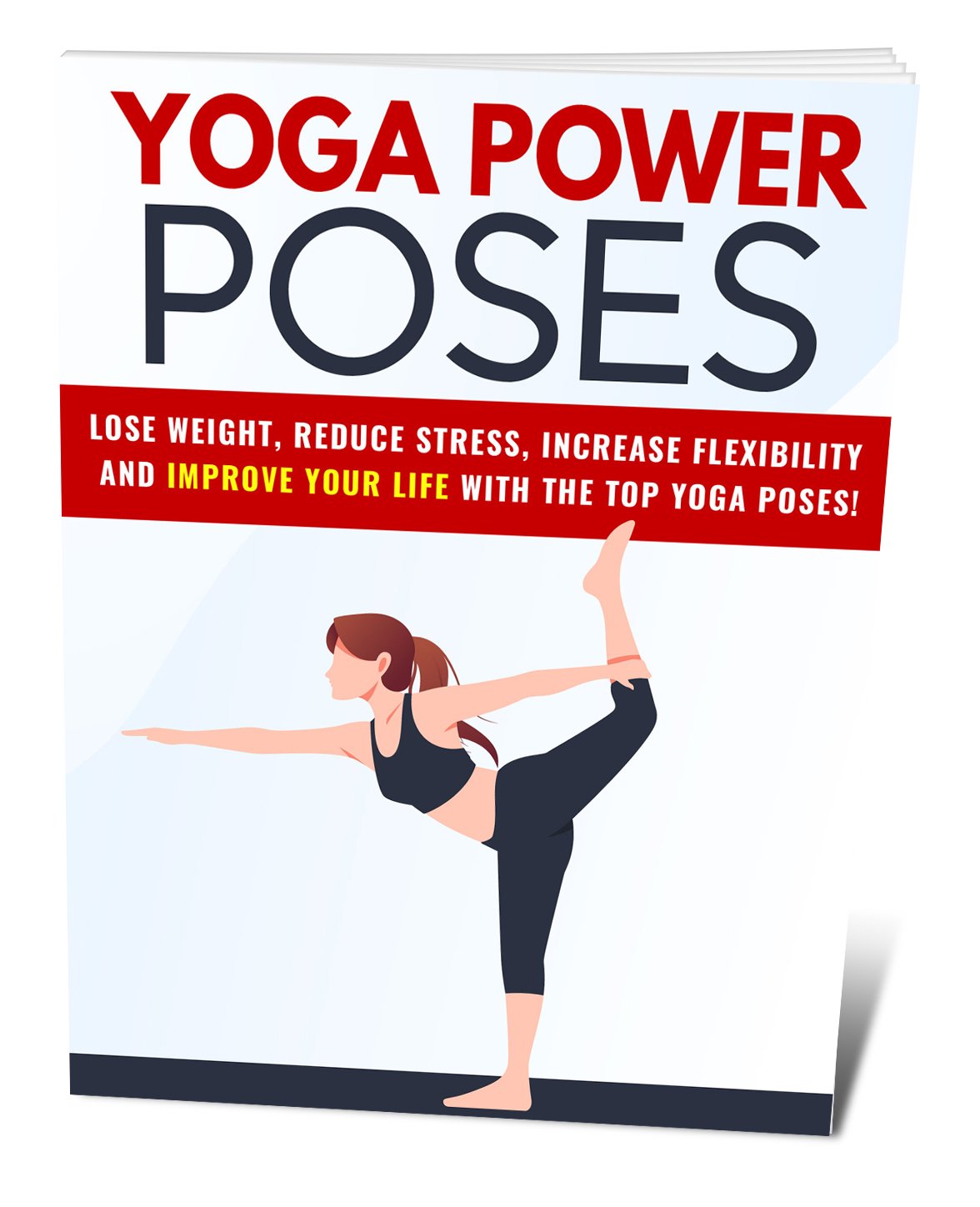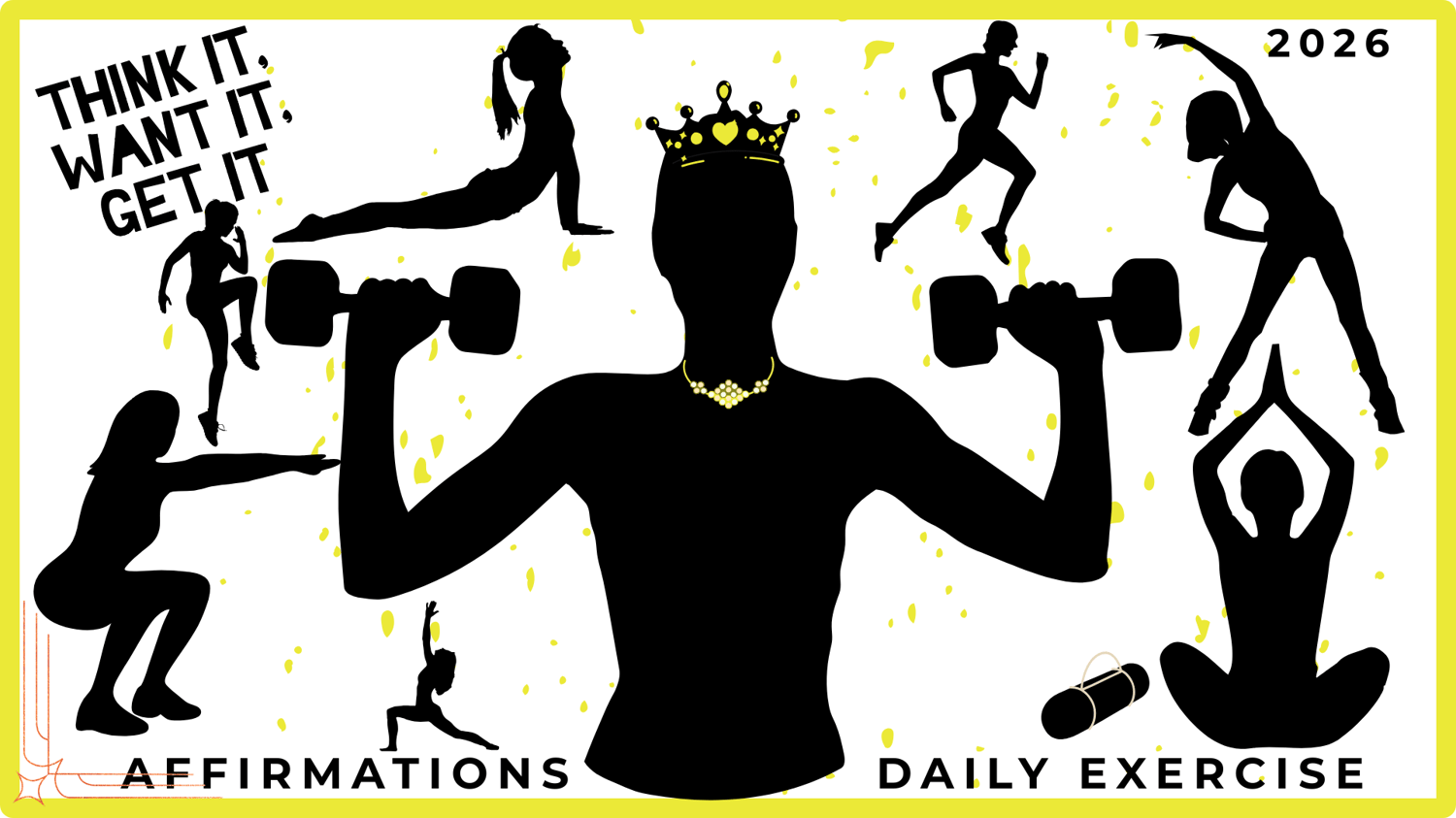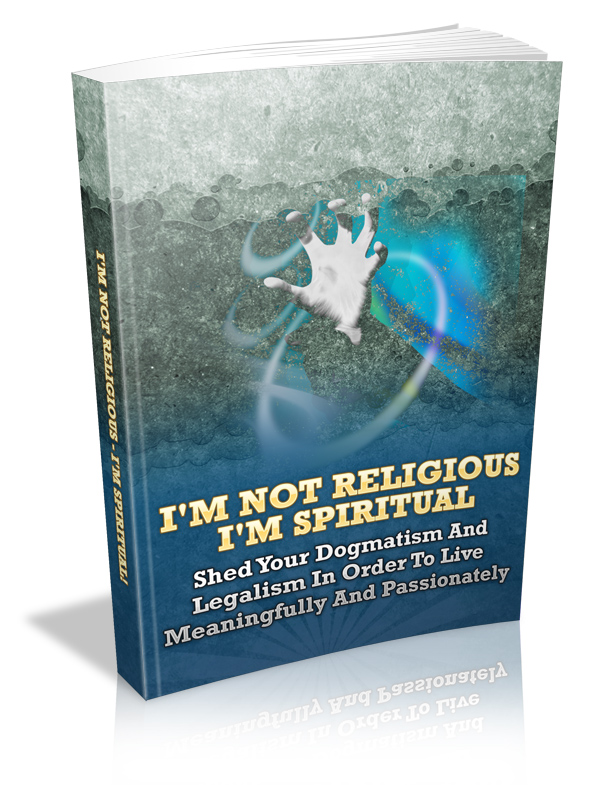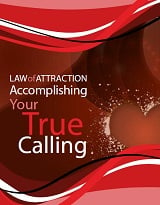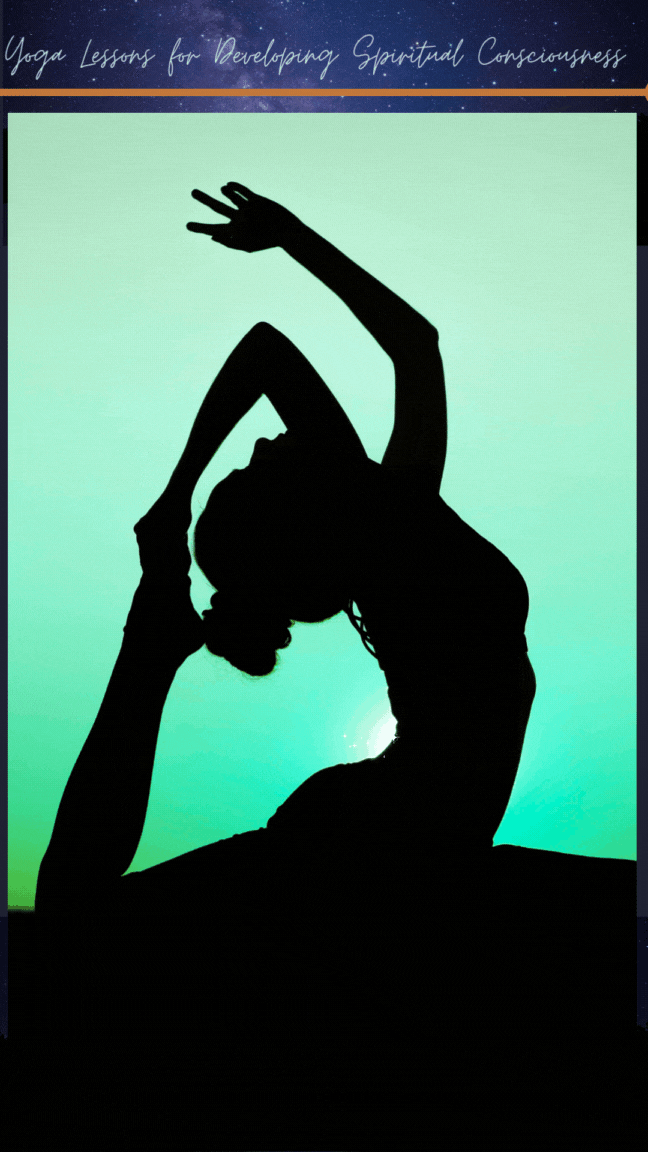Get Your Life Back - Heal Your Addiction and Break Free
Table of Contents
Introduction
- Psychological Addiction
- Understanding Addictions
- Believe That Recovery Is Possible
- Chapter 1: Signs Of an Addiction
The Symptoms of Addiction
- Chapter 2: Dealing With Addiction in the Family
Are You Contributing to the Problem?
Accepting Your Lack of Control
Staying Tuned in to Your Feelings and Needs
Taking Loving Action
Boundaries and Addictions
Conquer Addiction with Hypnosis
- Chapter 3: Beyond Fear and Addiction
Moving Beyond Fear and Addiction
How To Get Rid of Addiction and Abuse
- Chapter 4: The Difference Between Habit and Addiction
Using Mind Control
- Chapter 5: Breaking Free From Drug Addiction
Drug Addiction and Substance Abuse
- Chapter 6: Alcohol Addiction: Who Are the Real Victims?
Alcohol Addiction: A Solution
- Chapter 7: Addiction Treatment Is a Choice
Getting Addiction Treatment
Self Esteem and Addiction
- Conclusion
Beating an Addiction
Stage One – Resistance to Change
Stage Two – Begrudging Attempts
Stage Three – Surprise, I Enjoyed It
Stage Four – The New Way Becomes the Comfortable and Preferred Way
“Psychological and physiological dependence on a substance or practice” – is the medical definition of the term addiction.
An addiction is an uncontrollably strong longing for something - an abnormal kinky obsession for things. A person with an addiction is called an addict.
Addiction is a hydra-headed concept having different facets. Medical research and studies have divulged that every individual to some extent has an addiction. People who have an uncanny pining or obsession for anything, are indeed addicted. Medical studies have also revealed other forms of addiction besides alcohol, nicotine, and drugs.
According to the medical community, generally, there are two forms of addiction. First, there is the physical addiction, or physical dependence and psychological addiction. The second type is called pseudo addiction.
Physical dependence: An addiction in which the addict becomes physically dependent on intoxicating substances or drugs. People dependent on tobacco or smoking suffer from nicotine addiction.
Dipsomaniac people suffer from alcohol addiction.
Drug addiction means addiction to certain drugs. Drug addiction is an extreme state of addiction resulting from drug abuse. Drug abuse is a common practice where hard drugs are abused – for example, cocaine,
amphetamines, methamphetamine, opiates (heroin, morphine, and codeine), and laxatives - drugs derived from narcotics.
There is a debate over the idea that freely sold substances like alcohol and nicotine should be classified as hard drugs, as both are linked with high mortality rates.
Psychological Addiction
The term means getting psychologically addicted to certain things or practices. Sometimes some people are highly obsessed with practices like gambling, food, sex, pornography, computer, work, shopping,
spending, etc.
Therefore, as absurd as this may sound, these people do suffer from gambling addiction, food addiction, sex addiction, porn addiction, computer addiction, work addiction, shopping addiction, and spending
addiction respectively.
People addicted to food consumption are highly preoccupied with overeating and overeating is food addiction. These people are sometimes mockingly dubbed as “food alcoholics.”
Narcissism is also a form of addiction.
Pseudo-addiction is the state in which a patient manifests drug seeking behavior similar to psychological addiction; however, the patient experiences genuine pain or other symptoms in such cases. Normal behavior is resumed as soon as the pain has subsided.
The physical dependence on a substance such as drug addiction, nicotine addiction, and alcohol addiction can sadly often have direly fatal results.
Addiction in any form is a sign of an abnormality that requires immediate treatment. An addiction is a disorder, but it is s treatable.
There are numerous addiction help centers or rehabilitation centers providing addiction treatment, all over the world. Standard drug addiction treatment may include behavioral therapy, medication
therapy, or a combination of both.
People experiencing any symptoms of addiction should go forward for treatment before their addiction becomes significantly advanced.
Understanding Addictions
Addictions eventually catch up with you and change your life in such a way that you will have to face the fact that you need help.
Recovering from addictions usually happens once you have hit the bottom and finally realize that you need help from outside sources so that you can lead an addiction-free life. Many types of addictions will
have a devastating effect on your life.
Addictions, and recovery from them, require that you actively seek help from a source other than yourself. You may want to start by consulting with your family doctor or with an addiction counselor.
This is a good place to start since it will be important to access both your emotional and your physical behavior as they are related to your addictions and your substance abuse.
You and your doctor will need to decide what is going to work best for you so that you stop using your drug of choice. It won’t matter what your type of addiction is since all addictions require the same amount
of professional help and support.
There are several different types of addictions that you may or may not already be aware of.
Addictions include:
• Alcohol abuse
• Opiates
• Food addictions
• Marijuana abuse
• Relationship addictions
• Sex addictions
• Gambling addictions
People become addicted to many types of substances. Many people become addicted to medications and other substances. Some substances are more addictive than others. For instance, drugs like...
Download PDF eBook - 50 pages


